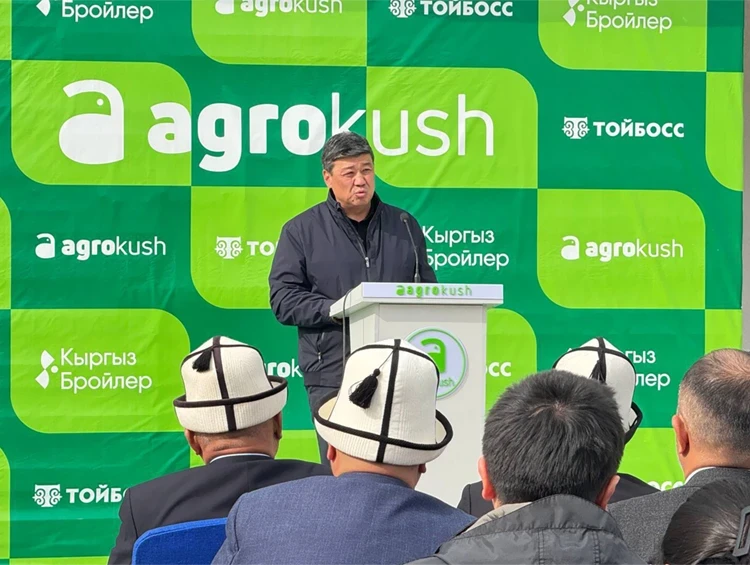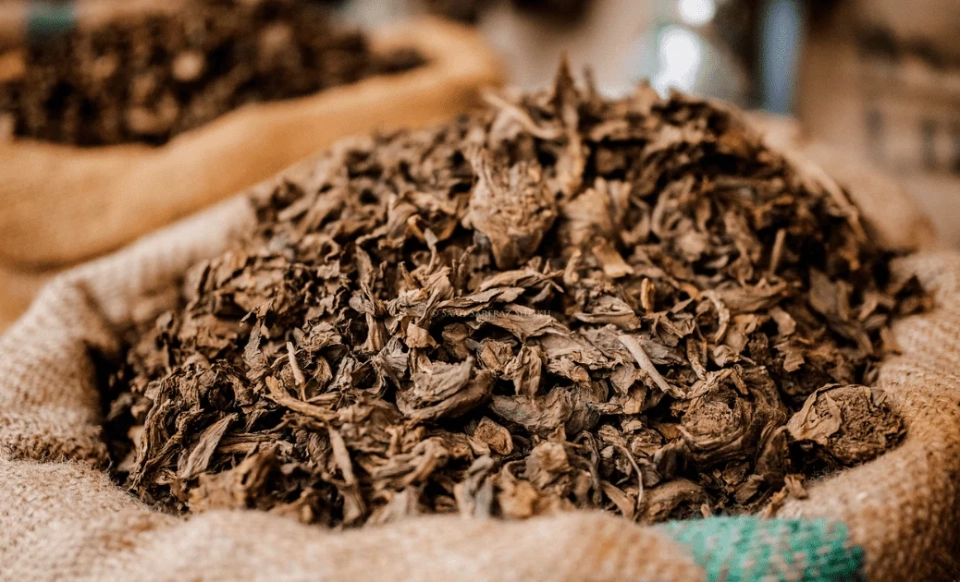According to data from the National Statistical Committee, in the past year 2024, the export of vegetables from Kyrgyzstan amounted to over 117 million dollars, while fruits brought in 61 million dollars. However, Sariev noted that these figures do not reflect the full potential of the country. He also reminded that the gross domestic product of Kyrgyzstan this year will exceed 3 trillion soms.
The president of the chamber added that, despite significant opportunities for the development of processing, a large portion of the products is still sold in raw form. “According to our estimates, at the stage of harvesting, transportation, and storage, we lose about 30% of the harvest. Only 30-35% of the products go for processing, while the remaining volumes are sold unprocessed. The experience of Hungary, which has historically developed deep processing and supplied quality products to large markets, is extremely important for us,” he noted.
As an example of the industry's potential, Sariev provided data on some production capacities:
- Sugar industry — annual processing of about 950 thousand tons of raw materials;
- Flour and cereal industry — up to 1,600 tons of flour and 220 tons of cereals per day;
- Vegetable and fruit processing enterprises are capable of processing about 150 thousand tons of products per year.
Sariev also noted that Hungary acts as a friendly partner of Kyrgyzstan within the framework of the Organization of Turkic States. Hungarian funds have already shown readiness to participate in joint projects, including financing the supply of modern processing equipment.
Moreover, Kyrgyzstan has the opportunity to supply its products to European Union countries under the GSP+ regime, which allows for the export of over 6,000 product names without paying customs duties, provided that European quality and safety standards are met.

















